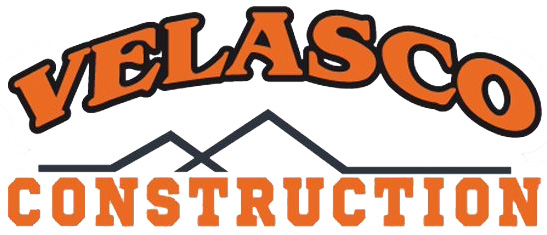Introduction
Stone veneer is rapidly gaining popularity as a cost-effective alternative to natural stone in enhancing the architectural appeal of properties. While it offers aesthetic and durable solutions, the debate between opting for a DIY installation or hiring professional services continues to intrigue many homeowners. Let’s delve deeper into the pros and cons of each approach to help you make an informed decision for your next project.
What is Stone Veneer?
Stone veneer is a thin layer of stone or simulated stone applied to surfaces such as walls. There are two primary types: natural stone veneer, which is actual stone, and manufactured stone veneer, made from concrete molds with pigments to mimic natural stone. The benefits include enhanced visual appeal and added value to properties, making it a popular choice among homeowners looking for durability and style.
Why Consider DIY vs. Professional Installation?
Choosing between DIY and professional installation of stone veneer depends on various factors including budget, skill level, and project complexity. DIY installation often appeals to those who enjoy hands-on projects and wish to save on labor costs, while professional installation assures expertise and long-lasting results.
Pros and Cons of DIY Installation
Pros:
- Cost Saving: By bypassing labor costs, DIY can be more budget-friendly.
- Satisfaction: Completing a project yourself brings a sense of fulfillment.
Cons:
- Risk of Improper Installation: Incorrect techniques can lead to structural issues.
- Time-Consuming: DIY projects often take longer due to the learning curve and potential mistakes.
DIY Installation Tips
Preparation is key to successful DIY installation. Here are some tips:
- Surface Preparation: Ensure the surface is clean and dry before installation.
- Laying Out Designs: Arrange designs on the ground prior to applying them on walls to visualize the end effect.
- Cut Edges and Corner Pieces: Install corner pieces first to ease alignment and hide cut edges effectively.
Professional Installation
Hiring professional services ensures precision and aesthetic appeal:
Pros:
- Expertise and Tools: Professionals come equipped with the necessary skills and tools to handle complex projects.
- Quality Assurance: Proper installation minimizes future repairs and ensures longevity.
Cons:
- Higher Costs: Professional services are an added financial investment.
- Scheduling Delays: Contractors may have busy schedules causing potential delays in project start times.
Benefits of Hiring a Professional
Professionals bring experienced insight, combining functional design with technical expertise. They manage materials, avoid common pitfalls and ensure a seamless finish, making them ideal for exterior applications where faulty installation can lead to water damage or structural issues.
Cost Comparison
DIY costs typically involve purchasing materials and necessary tools, while professional installation includes labor costs. Though initially higher, professional services can be more cost-effective long-term by preventing installation mistakes and subsequent repairs.
Conclusion
Deciding between DIY and professional installation for stone veneer depends largely on the individual’s circumstances, including the complexity of the project and personal expertise. Whether enhancing exterior siding or adding interior accents, take time to evaluate what best meets your needs and consult experts when necessary to ensure a successful and lasting finish.
FAQs
- What are the benefits of using natural stone veneer? Natural stone veneer offers superior durability and realistic aesthetics.
- How do I choose between natural and manufactured stone veneer? Consider your budget, the desired look, and installation area conditions.
- Is it necessary to hire a professional for exterior applications? Yes, hiring professionals is recommended to prevent issues like water damage and ensure proper anchoring and finishing.

